Rheumatoid arthritis is an autoimmune disease, as opposed to the traditional ‘wear and tear’ arthritis (osteoarthritis). It occurs when your body’s immune system attacks your own cells at the lining of the joints. This causes pain, swelling and inflammation. Rheumatoid arthritis isn’t limited to just the lower limbs but affects the whole body, primarily the small joints in the hands and feet.
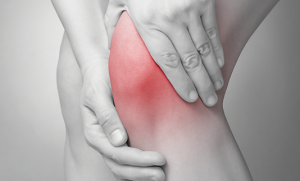 In
an RA flare, the body’s immune system attacks the joint capsule lining, called the synovial membrane. As the lining becomes
inflamed, it is no longer able to produce the synovial fluid which works to lubricate joints and nourish the cartilage and bone ends. This
means the joints stiffen and mobility becomes harder. With repetitive inflammation during flares, the cartilage and connective tissues
become damaged and the joint capsule can lose its ability to stabilise the joints. While the exact reason for the body getting
confused and attacking its own cells at the joints is not well understood, it has been thought that hereditary factors may increase
your chance of developing it. Other contributing factors include smoking and the female gender. Flares often occur without an
identifiable cause, though some causes have been attributed to stress, illness and injury. Some of those affected report that cold
temperatures and weather affect their symptoms.
In
an RA flare, the body’s immune system attacks the joint capsule lining, called the synovial membrane. As the lining becomes
inflamed, it is no longer able to produce the synovial fluid which works to lubricate joints and nourish the cartilage and bone ends. This
means the joints stiffen and mobility becomes harder. With repetitive inflammation during flares, the cartilage and connective tissues
become damaged and the joint capsule can lose its ability to stabilise the joints. While the exact reason for the body getting
confused and attacking its own cells at the joints is not well understood, it has been thought that hereditary factors may increase
your chance of developing it. Other contributing factors include smoking and the female gender. Flares often occur without an
identifiable cause, though some causes have been attributed to stress, illness and injury. Some of those affected report that cold
temperatures and weather affect their symptoms.
Rheumatoid Arthritis typically presents symmetrically. These flares come and go unpredictably and can affect many joints at once. The effects of RA progressively worsen and the joints incur more damage, until the joints are left with very little movement. This is why management has a big focus on slowing down the progression of symptoms and maintaining as much mobility as possible. Generally, symptoms include:
Your GP may be able to provide medication and other therapies to help manage the symptoms of RA and slow its progression. These will likely involve anti-inflammatory medications. As Podiatrists, we look at ways to reduce pain in the joints of your feet and legs, improving your comfort and general quality of life. Custom-prescribed orthotics are often used to increase comfort, absorb shock, and decrease the load through high-pressure areas and joints at the feet. Keeping you comfortable and mobile allows you to continue to carry out your daily activities. Exercises can also help you maintain your muscle strength and range of motion at the joints, slowing down the progression of symptoms.
.png)
Since introducing shockwave therapy, we’ve helped many of our patients avoid surgery for certain conditions. Here's what you
need to know about shockwave treatment and how it works.
.png)
This Mother’s Day, consider a practical, medically safe, and confidence-boosting gift: a professional KeryFlex nail restoration treatment. It’s a simple, effective, and medically safe way to instantly transform the appearance of toenails.

In some cases like arthritis, continuing to stay active is one of the best things you can do for your joints. Is the same true if you're in pain or have an injury?

A stroke is New Zealand's second single biggest cause of death and a leading cause of serious adult disability. Here's how podiatry can help in your rehabilitation.
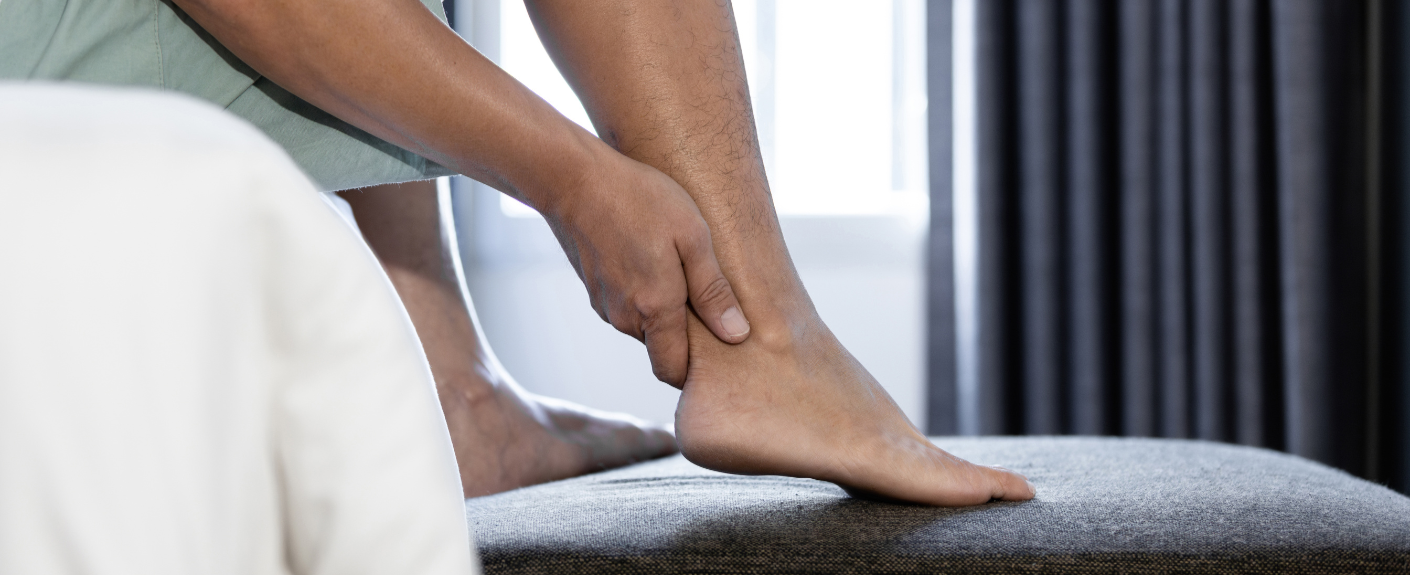
Shockwave is a fantastic treatment for Achilles injuries and Achilles heel pain. Here's how it works and how our podiatrists use it.
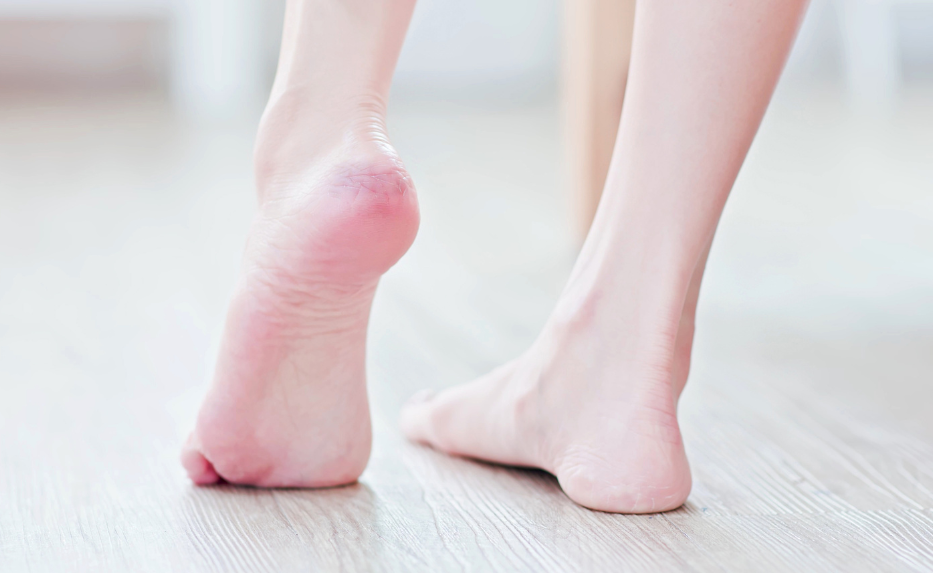
How does shockwave work to relieve foot pain? Here's how it helps you, and how our podiatrists use it at our Remuera clinic.

How do you go through the holidays and family visits while keeping up your strength and fitness? Here are five ways.

Help your loved ones stay on their feet for years to come with a podiatry appointment. Here's how it can help.
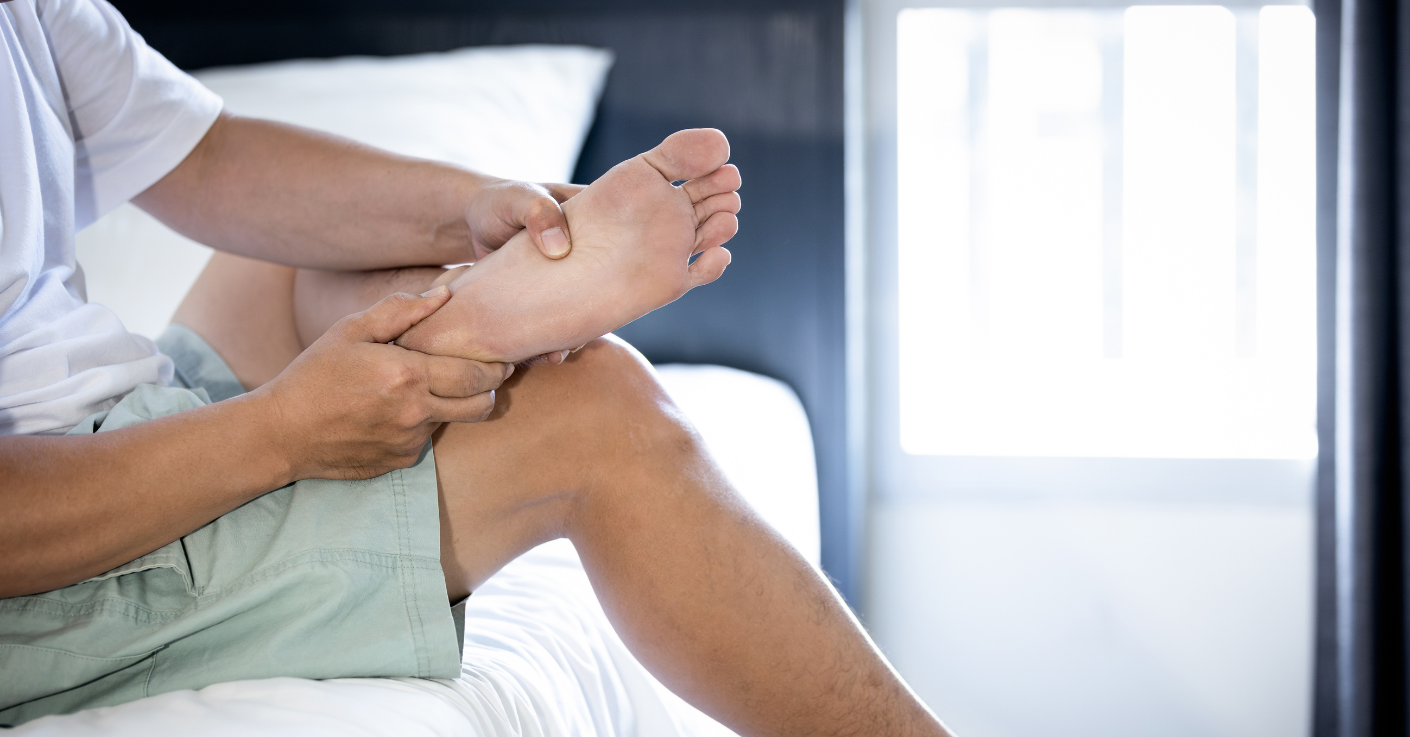
We’ve welcomed the Nu-Tek low-level laser into our podiatry clinic. Here's how you tell if it could be the answer to your foot
pain.
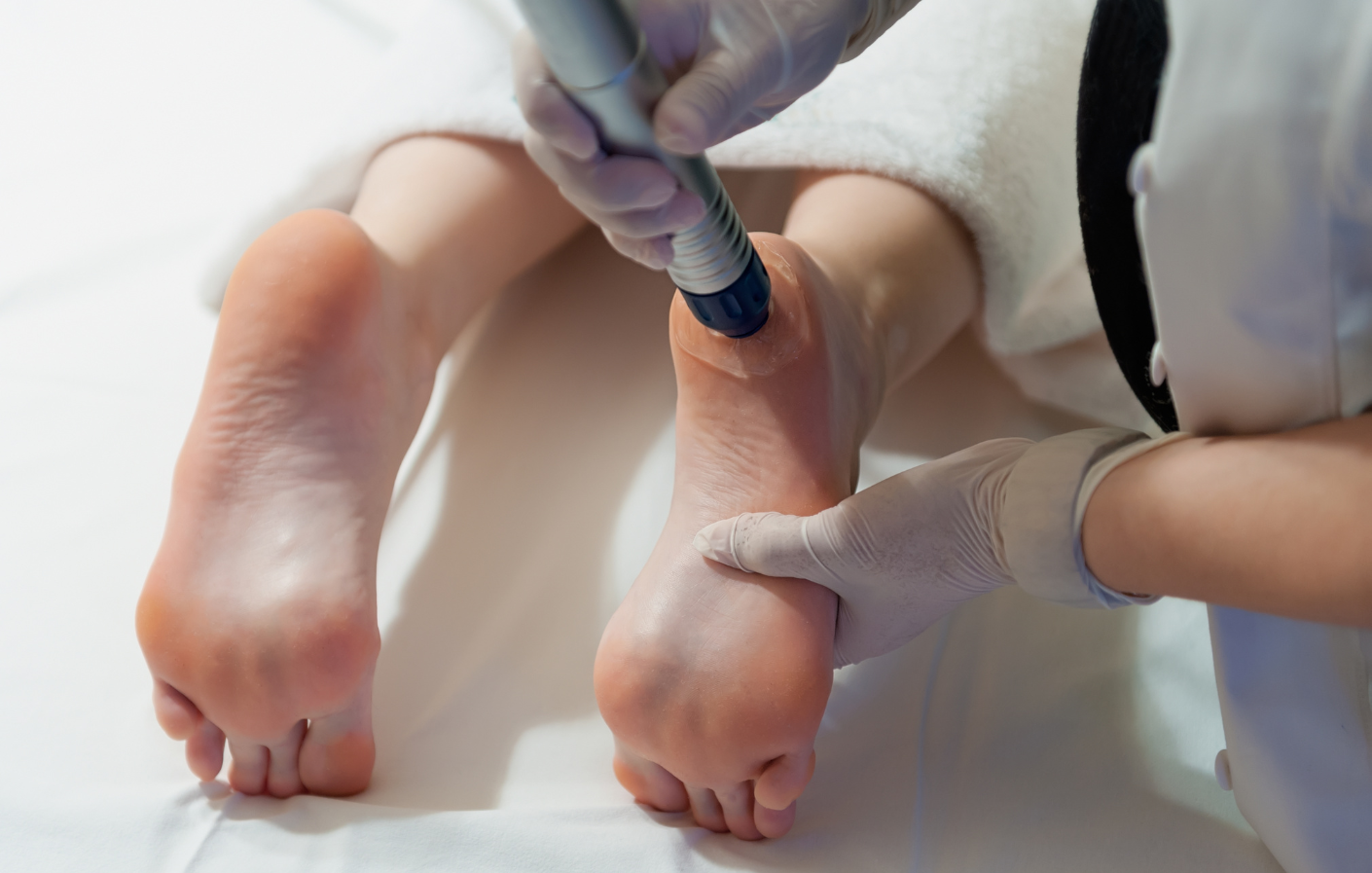
Otherwise known as radial pressure wave therapy, shockwave therapy is a device held by our podiatrists and positioned against your foot or leg at the site of your injury.
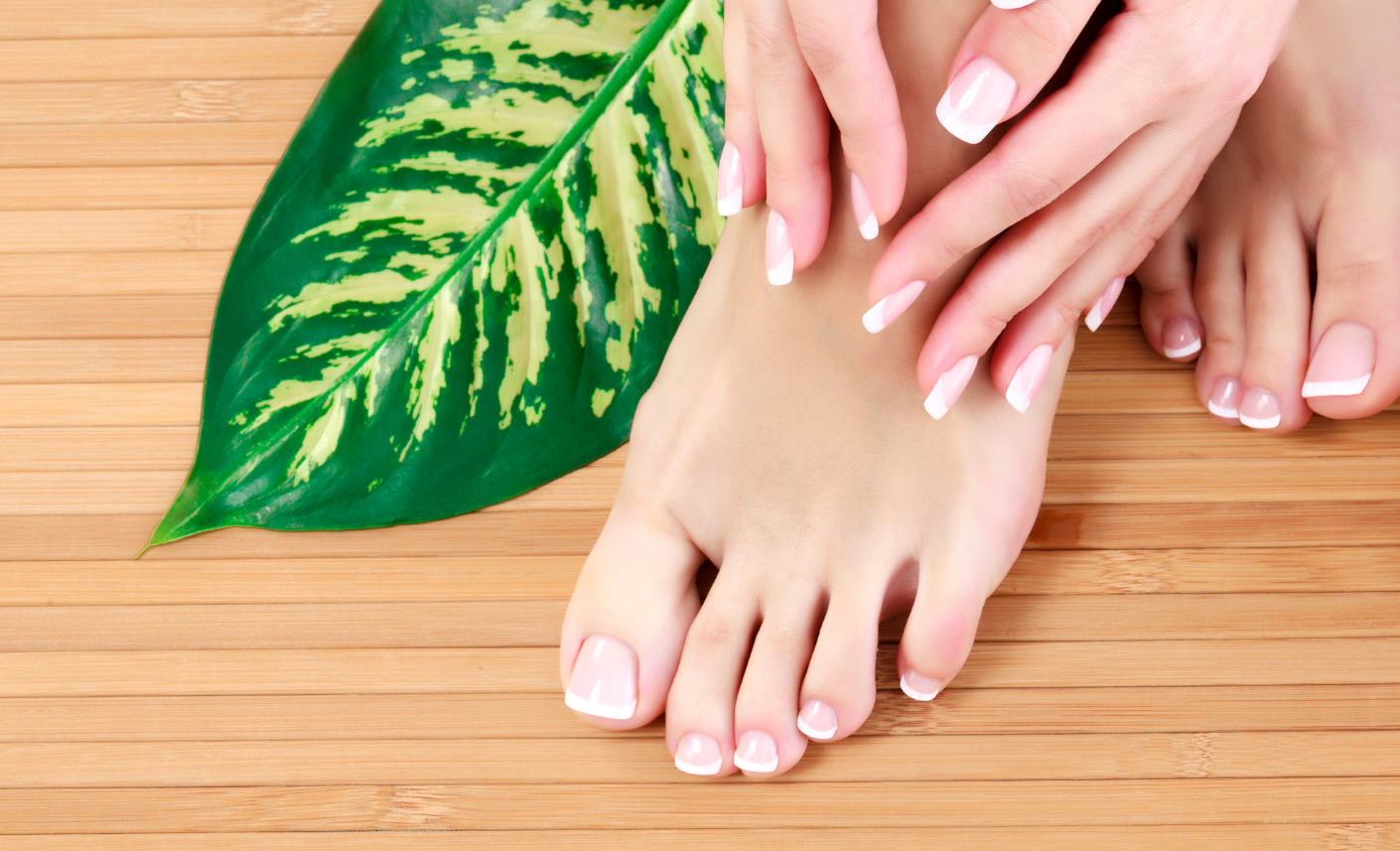
We can transform the appearance of toenails to look healthy and clear in three ways, and as fast as in one appointment. Here's how.
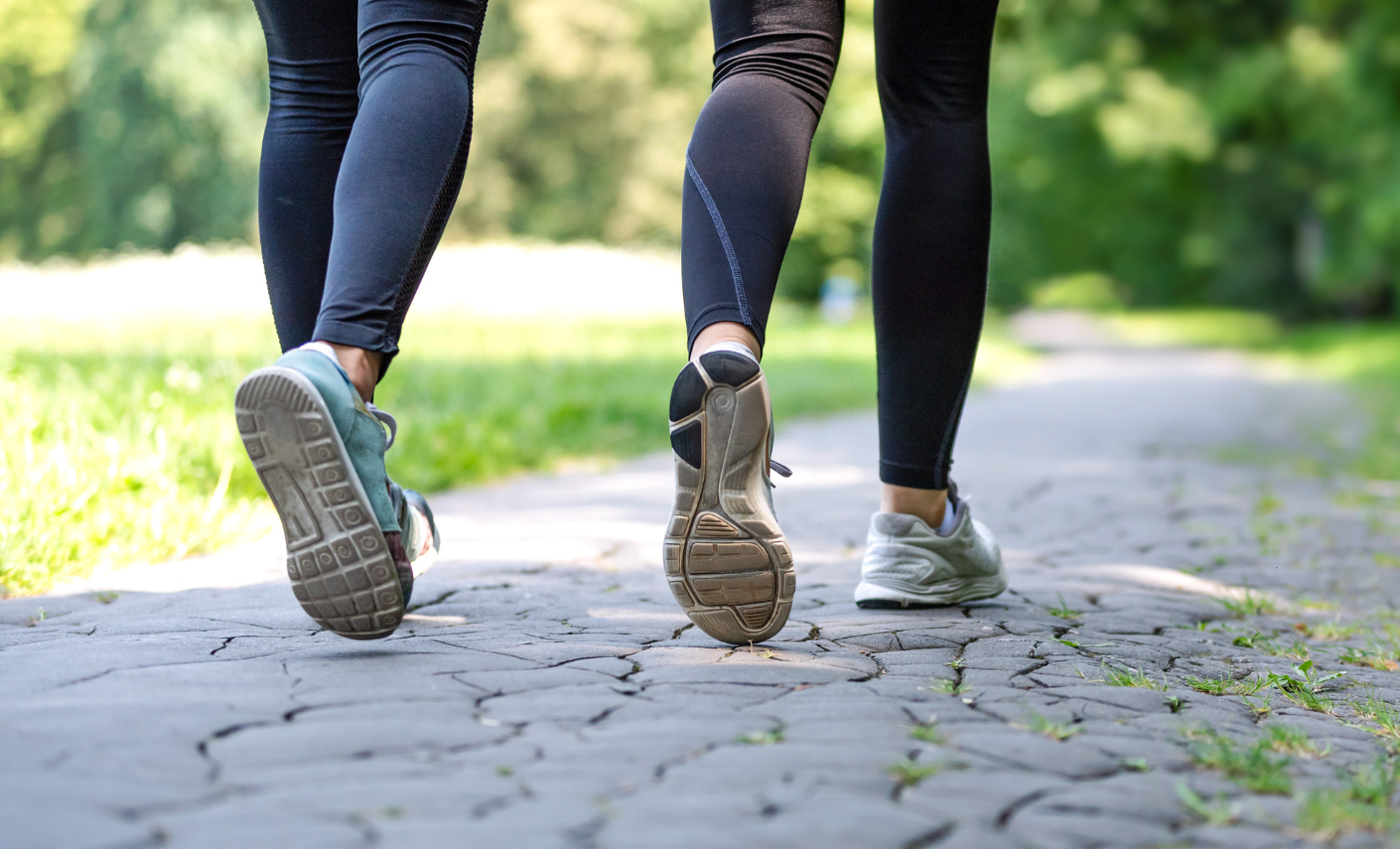
Tingling or numbness in your feet and legs during or after exercise can be an odd sensation. If you’re prone to experiencing it, the most common reasons are related to pressure on nerves or problems with your circulation.

Does wearing high heels really come at a cost to our feet? If you’re wondering what effects - if any - high heels may be having on your feet, here’s the inside scoop from our podiatrists.
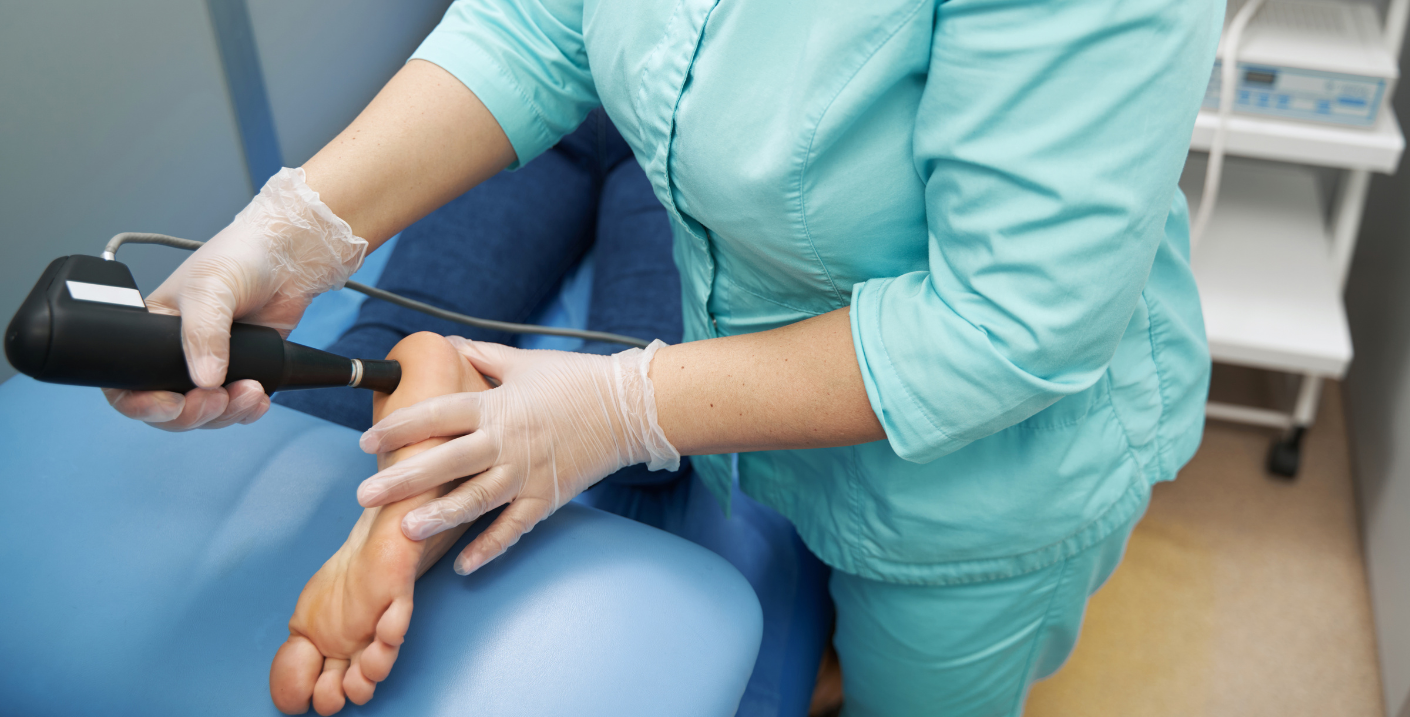
It’s important to not only use an evidence-based treatment plan to help you get the best outcomes for your foot and leg pain, but to help you see the best results in the shortest time. That’s the reason we’ve invested in shockwave.
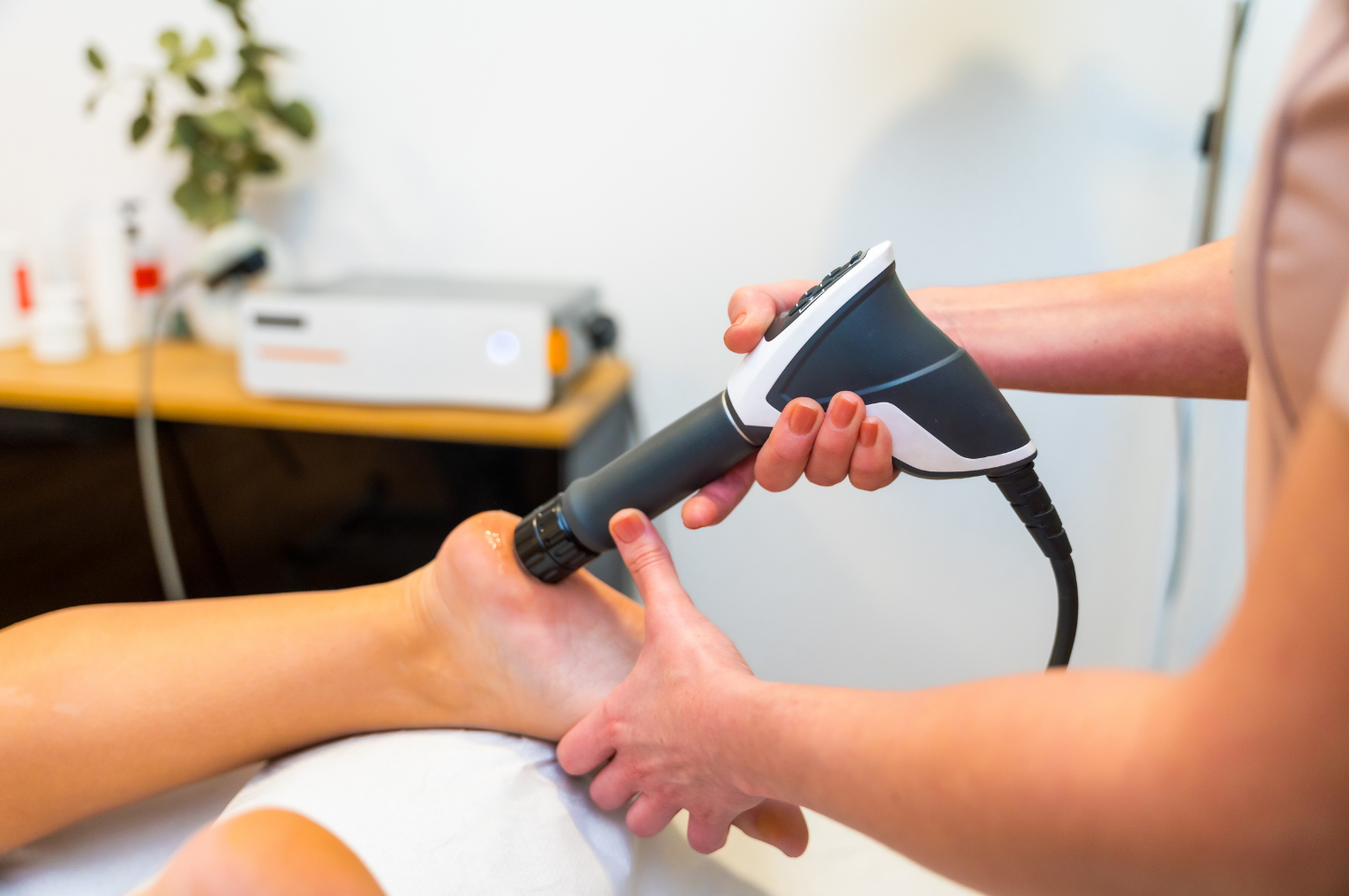
Heel pain is our specialty here at Perform Podiatry. We now have Low-Level Laser Therapy (LLLT) and Shockwave Therapy to
help you get the best results from your treatment.
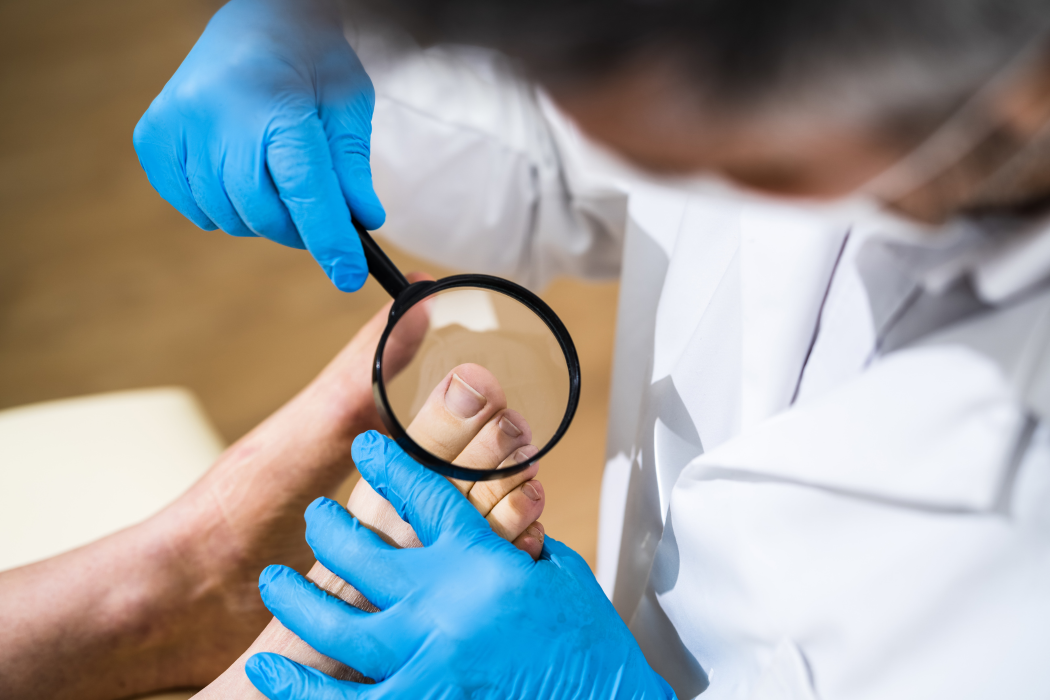
We treat a lot of ingrown toenails here at the Auckland Ingrown Toenail Clinic. So, with approximately 10% or more of the adult population harbouring a fungal nail infection, it’s not uncommon that we see many ingrown toenails where a stubborn nail fungus has also infiltrated the nail. So how can you tell, what can […]
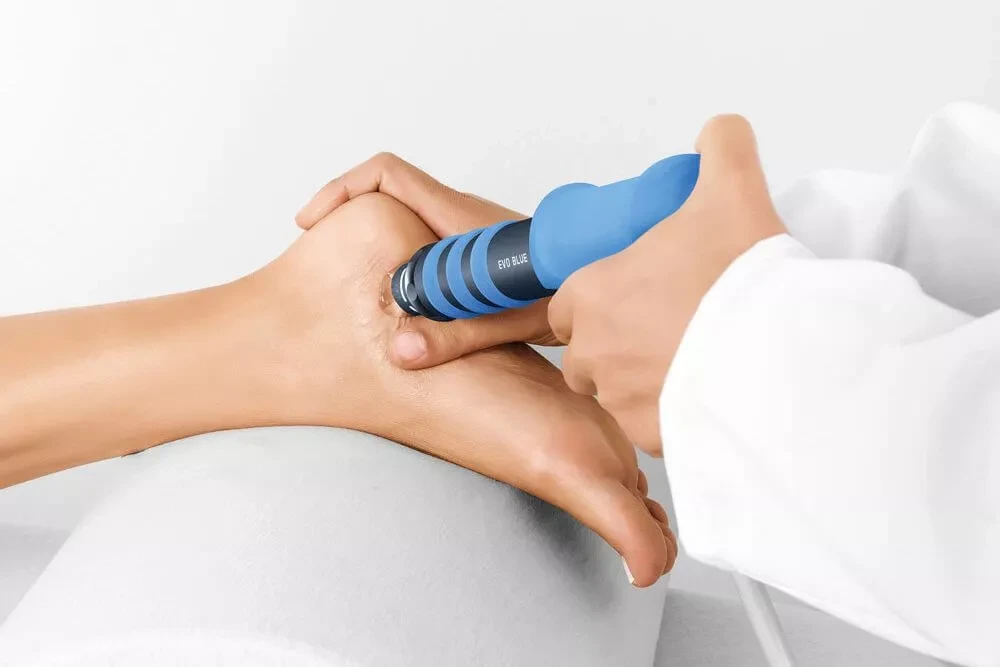
Shockwave therapy is a gold standard treatment used to help achieve the best clinical outcomes for musculoskeletal injuries and pain – and we’re very proud to now offer it to our patients here at Perform Podiatry.

While many of the cases we see here at the Auckland Ingrown Toenail Clinic are fairly standard, there are a few that vary greatly from the ‘norm’, and could have resulted devastating consequences if they had been left untreated under the hopes that the ingrown nail would “go away on its own”, something many people […]

They may be small, but verrucas, also known as plantar (foot) warts, are much more than just a minor annoyance. They can be painful to walk on and extremely persistent, making your day to day life a lot less pleasant or comfortable. As one of Auckland’s leading podiatry clinics that specialise in ingrown toenails, we […]
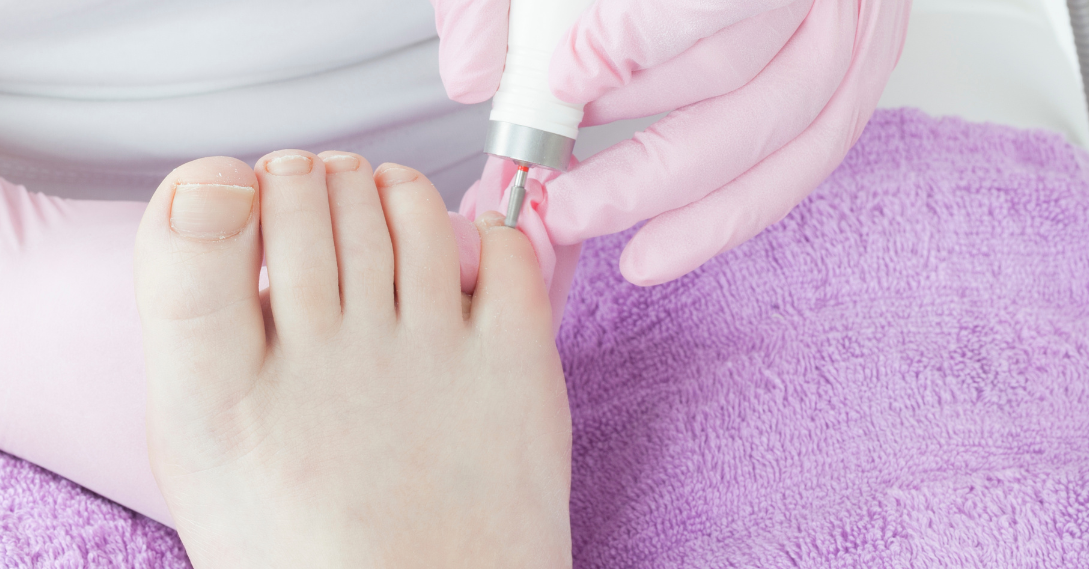
Not all pedicures are the same. For more than just aesthetic touch-ups, a medical pedicure by a podiatrist ensures your feet are cared for with expert attention, leaving you feeling safe and confident.

Ingrown toenails can be painful and uncomfortable, so identifying the ‘red flags’ of ingrown nails early on can be helpful in getting prompt treatment and reducing the risk of complications. So what are the top red flags you should be looking out for? One: Persistent Pain and Discomfort One of the most significant red flags […]
Keeping your family on their feet and helping them to walk, run, play and exceed their goals is why we love getting up in the morning.
Ground Floor, One Health Building
122 Remuera Rd, Remuera
Auckland 1050, New Zealand
| MON - FRI | 7:30am – 6:30pm |
| SAT | 8:30am – 4:30pm |
| SUN | Some availability |
Make an Appointment
Online Schedule